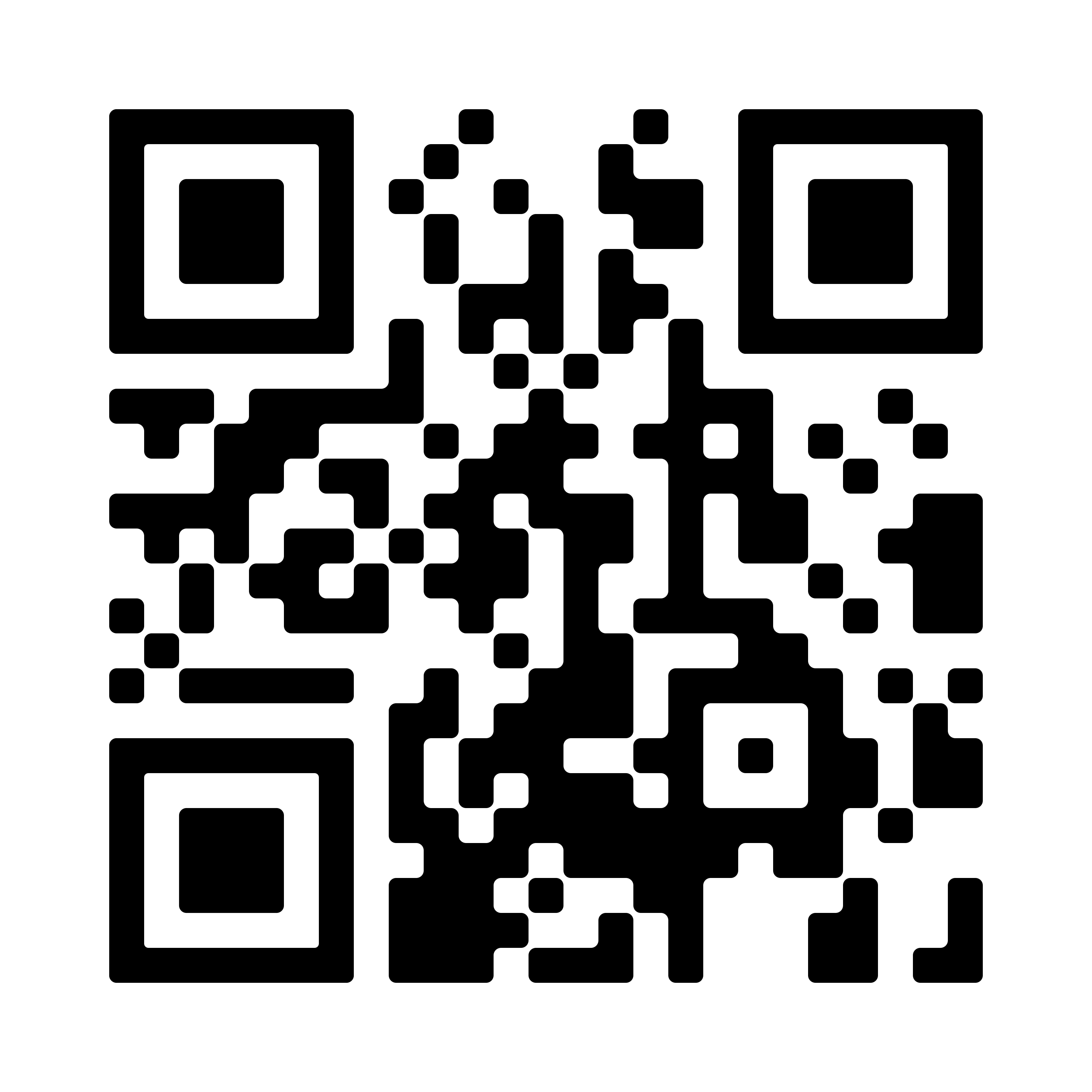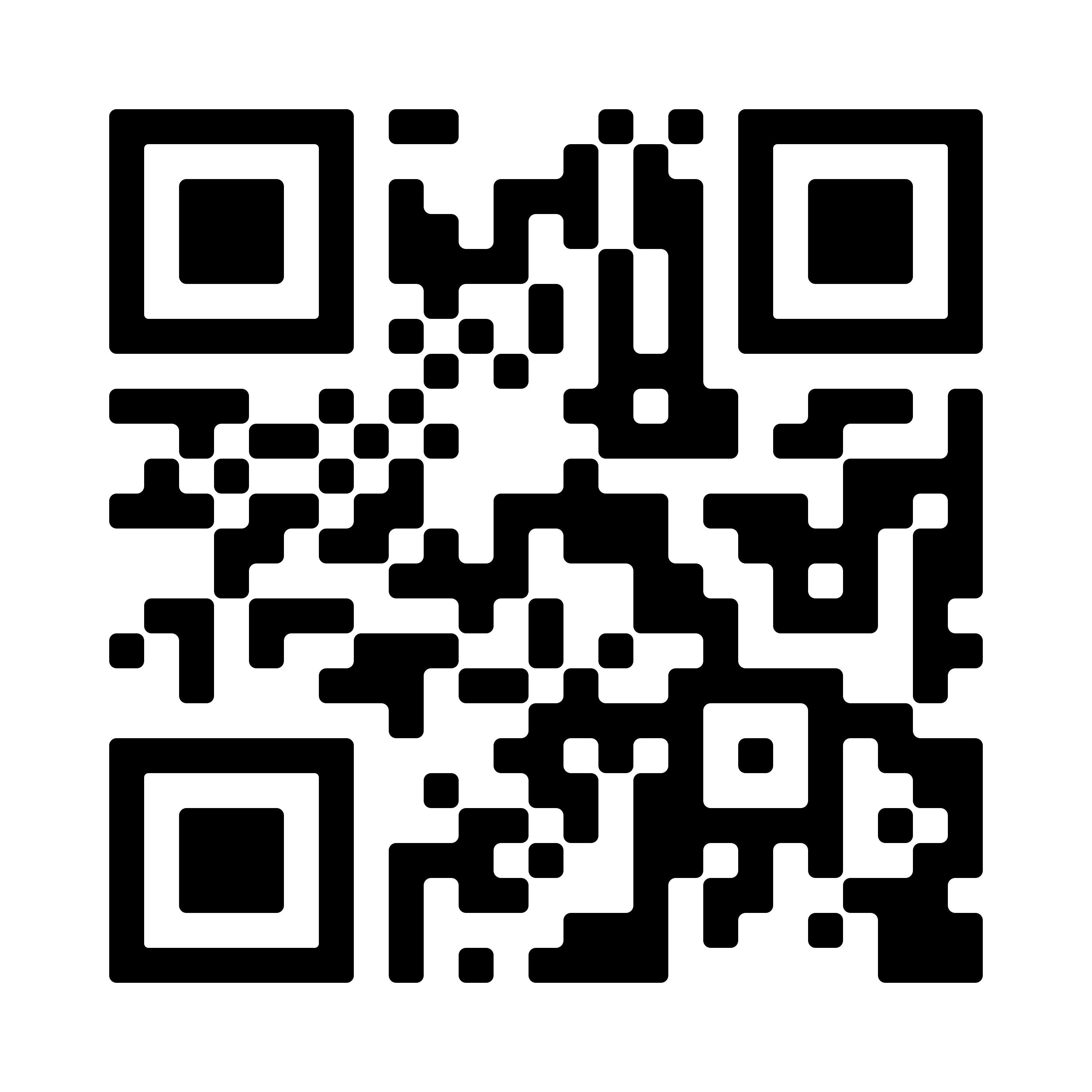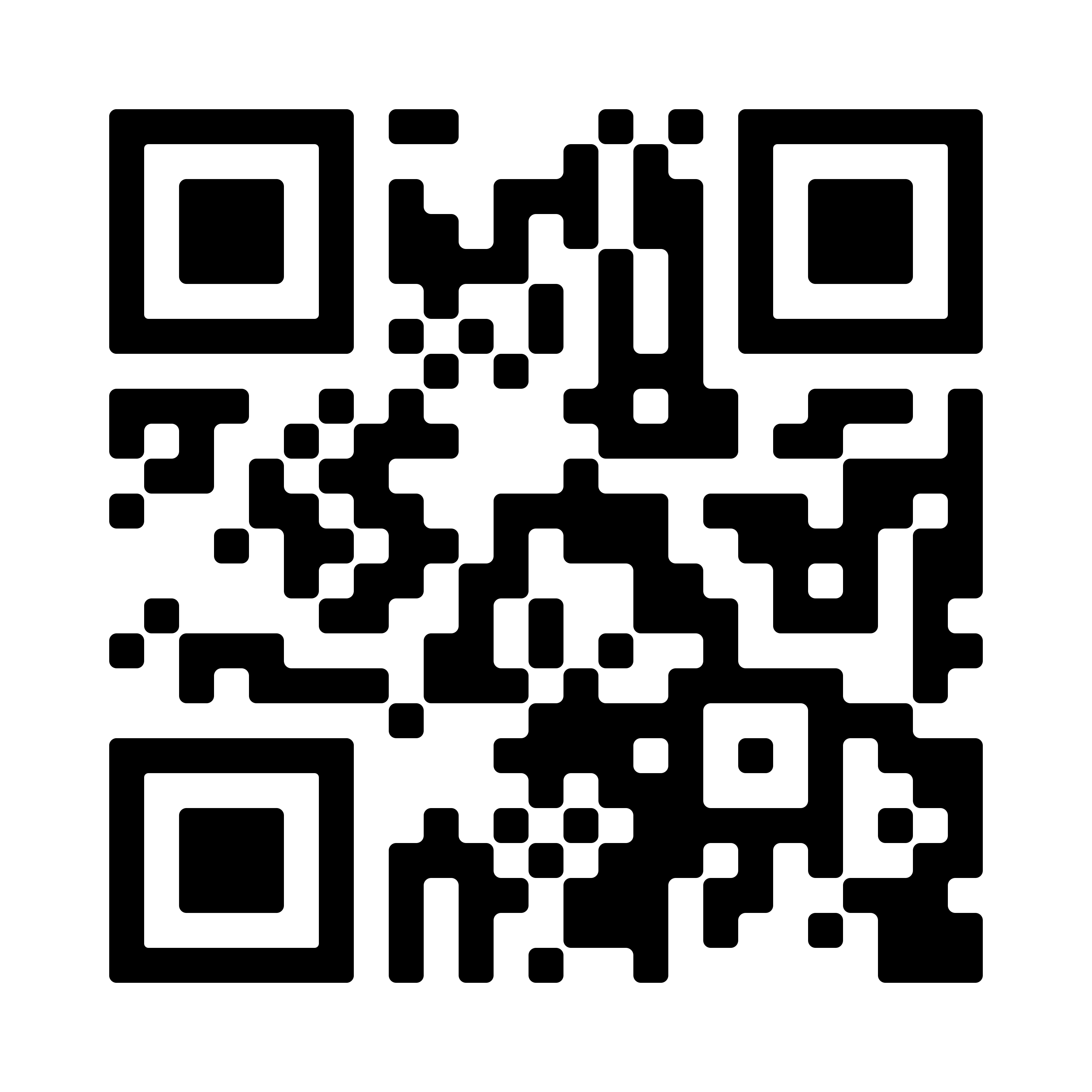Online & Mobile Security
Password Protection
Do:
- Use strong passwords: at least eight characters with a mix of upper- and lower-case letters, numbers, special characters.
- Create hard-to-guess passwords (no birth dates, child’s name, pet’s name, or part of User ID).
- Change passwords frequently, and immediately if compromised.
- Notify financial institutions if passwords have been stolen.
Do NOT:
- Share passwords or security devices.
- Post passwords in or around work areas.
- Use an automatic login feature that saves usernames and passwords.
Computer Safety
Do:
- Keep operating systems and web browsers up to date, and turn on automatic updates.
- Protect your home wireless network with a password for a secure connection.
- Use comprehensive spyware, virus protection software and a firewall, which prevents unauthorized users from gaining access.
- Ensure online retailers have secure technology: verify "https" and a tiny locked padlock symbol in the address bar.
Do NOT:
- Send sensitive information over unsecure public Wi-Fi networks.
- Conduct banking transactions while multiple browsers are open.
Mobile Safety
Do:
- Use the passcode lock on your smartphone and other devices.
- Be aware of your surroundings, especially when entering sensitive information.
- Completely log out when finishing a mobile banking session.
- Install mobile security software to protect against viruses and malicious software.
- Download updates to keep your phone and mobile apps safe with the newest release.
- Notify your financial institution if you change your phone number or lose your mobile device.
- Report suspected fraud immediately to your financial institution.
- Wipe your device before donating, trading or recycling; if it is lost or stolen, try to do so remotely.
Do NOT:
- Open links and attachments in emails and texts, especially from senders you don’t know.
- Store sensitive information: passwords, Social Security number, etc.
- Perform banking transactions on a potentially unsecure public network; disable the Wi-Fi and use your mobile network.
- Click ads (not from your security provider) claiming your device is infected.
- Download all apps asking for unnecessary “permissions” – they may contain viruses or malware.
Email Safety
Do:
- Be careful opening emails, links or attachments from unfamiliar sources: they could be an attempt to collect your confidential information or infect your device.
- Verify the authenticity of emails by using a phone number or address from your records rather than the contact information in or associated with the email.
- Watch for language that has an extreme sense of urgency if you do not act.
- Take note of logos that appear distorted, unfamiliar web addresses, unusual spelling or grammatical errors – all signs that a fraudster may have designed the email.
- Be wary of messages an automated email from a system saying your password is nearly expired, security alerts, or messages urging you to validate your online banking credentials.
- Forward phishing emails to the Federal Trade Commission at spam@uce.gov – and to the organization impersonated in the email.
Do NOT:
- Click on links in emails – sign on to your trusted website directly, using the address from your records or your browser bookmark.
- Provide confidential information in response to an email request (user names, passwords, account numbers, tax ID numbers, Social Security numbers, etc.).
- Open attachments without independently verifying the authenticity of the email.
- Trust emails that appear to be from familiar sources – fraudsters can doctor email ‘from’ names or even addresses.
Protect the Big Three
Personal Data
- Maintain up-to-date contact information with all your financial institutions so suspicious activity can be verified quickly.
- Remove yourself from junk mail lists.
- Shred documents with personal data.
- Purchase a locking mailbox.
- Question when asked for your Social Security number; it’s usually NOT necessary.
- Tap to pay for a secure, convenient and touch-free way to check out where you see the Contactless Symbol.
- Washington Trust bank cards feature EMV chip card technology making your card more difficult to counterfeit.
Credit Rating
- Each year, get free credit reports from all three major agencies at annualcreditreport.com.
- Review a credit report at least twice a year and submit corrections in writing immediately.
- Review credit and bank account statements each cycle for any suspicious charges or debits – large or small.
Personal Computer
- Disconnect your computer from the internet when not in use.
- Keep operating systems and web browsers up to date and turn on automatic updates.
- Make sure your PC is password protected.
- Protect your home wireless network with a password for a secure connection.
- Use comprehensive spyware, virus protection software, and a firewall to prevent unauthorized users from gaining access.
Never:
- Answer emails seeking personal information.
- Give personal information over the phone unless you made the call.
- Put mail with a check or personal information in a non-locking mailbox.
Identity Protection
Information Vulnerable? Be Proactive.
- Keep contact information updated so your financial institutions can notify you quickly of any suspicious activity.
- Keep PINs and passwords private; use a combination of letters, numbers and symbols, and change them periodically.
- Protect identifying information, such as your Social Security number, account numbers, birthdates, etc., from anyone who contacts you by phone or email.
- Shred sensitive documents, such as receipts, financial statements and credit card offers.
- Monitor the mail so you know if bills or statements are late or missing, and use a locked mailbox to send checks or personal identifying information.
- Monitor your credit report with free reports from the three major reporting agencies.
- Use online banking to check on financial accounts and spot suspicious activity; sign up for text or email alerts for certain types of transactions, such as charges exceeding $500.
- Protect your computer with virus protection software, and ensure business is conducted on secure sites (look for “https” and a locked padlock in the address bar).
- Secure your mobile device with a passcode lock, and use caution when downloading apps, tapping links or opening attachments – they may contain malware.
- Wipe your device before donating, selling or trading; try doing so remotely if it’s lost or stolen.
- Limit social sharing – such as birthdays, addresses, mother’s maiden name, etc. – as hackers can use social media to figure out passwords and security question answers. Engage privacy settings, and be wary of connecting with people you don’t know.
- Add passwords or dual-factor authentication to your accounts when possible, for extra layers of protection.
- Report suspected fraud immediately.
Information Compromised? Get Reactive.
- Report fraud - Immediately call Washington Trust Bank’s Priority Service number at 800.788.4578. Report instances of identity theft to the Federal Trade Commission at identitytheft.gov, and file a report with local police.
- Trigger a fraud alert status - Each credit bureau offers fraud alert status, requiring potential creditors to contact you before opening new accounts or lines of credit. The alert is valid for 90 days, unless you re-engage at expiration or provide documentation (such as a police report) to extend it up to seven years.
- Place a security freeze or lock - Enact a security freeze or lock to prevent access to your credit report until you unlock or suspend the freeze. All credit bureaus offer the feature, but cost and options for placement and removal vary. Some bureaus offer independent online controls free of charge.
- Obtain free credit reports - Each credit bureau provides one free report annually. Stagger your reports, obtaining one from a different bureau every four months to catch anomalies quickly.
- File taxes early - Identity thieves may use personal information to file false tax returns, so file as early as possible if you think your data has been compromised.
- Research protection options - Monitoring services can provide another layer of security. Third-party services provide credit monitoring services for free (Credit Karma for Equifax and Transunion) or a fee (Identity GUARD and Lifelock).
Credit Bureau Contact Details
The three credit bureaus operate independently. Contact each one to complete any action.
The three credit bureaus operate independently. Contact each one to complete any action.
Equifax
800.525.6285
800.525.6285
Experian
888.397.3742
888.397.3742
TransUnion
800.680.7289
800.680.7289
Fraud Detection Services
Get notifications of suspicious activity to protect what’s yours.
Washington Trust Bank automatically enrolls your credit and debit cards with our Fraud Detection Service, for free! If we see something suspicious, we’ll text, call or email you… because losing money to fraud isn’t very awesome.
Here’s how it works:
- Update your contact information – email, phone, address – with Washington Trust Bank anytime you make a change.
- If suspicious debit or credit card activity is detected, you will receive a text*, call or email alert from WTB Fraud Detection Service. The alert will never ask for your PIN or account number.
- Follow instructions in the alert to confirm or dispute the activity in question. If you receive a phone call, you may also speak to a fraud analyst.
- Monitor your account activity over the following days to ensure questionable activity has been resolved.
- Call Priority Service at 800.788.4578 if you have any questions.
*Washington Trust Bank customers will not be charged for any text message sent to U.S. customers who have service through AT&T, Verizon, Sprint, or T-Mobile. Data rates may apply to customers with other service carriers.
We're here to help.
Simple steps to help protect you from fraud.
Protect the big three: your data, credit rating, and computer.
- Protect your personal data:
- Confetti shred documents with personal data.
- Remove yourself from junk mail lists.
- Purchase a locking mailbox.
- Question when asked for your Social Security number; it is usually NOT necessary.
- Use the EMV chip feature for credit and debit card transactions.
- Upgrade to an EMV chip card at a Washington Trust branch any time.
- Maintain up-to-date contact information with all your financial institutions so suspicious activity can be verified quickly.
- Protect your credit rating:
- Each year, get free credit reports from all three major agencies at annualcreditreport.com.
- Review a credit report at least twice a year and submit corrections in writing immediately.
- Review credit and bank account statements each cycle for any suspicious charges or debits – large or small.
- Protect your personal computer:
- Use comprehensive spyware, virus protection software and a firewall, which prevents unauthorized users from gaining access.
- Keep operating systems and web browsers up to date and turn on automatic updates.
- Protect your home wireless network with a password for a secure connection.
- Make sure your PC is password protected.
- Disconnect your computer from the Internet when not in use.
Never:
- Put mail with a check or personal information in a non-locking mailbox.
- Answer emails seeking personal information.
- Give personal information over the phone, unless you made the call.
Report fraud.
It's important to notify us as soon as you suspect fraudulent activity on your accounts. Call Priority Service at 800.788.4578 right away.
Block a debit card.
- Call Priority Service at 800.788.4578 and follow the prompts to Card Services to block your card.
- You can suspend your debit card or report it as lost or stolen within WTB Online.


